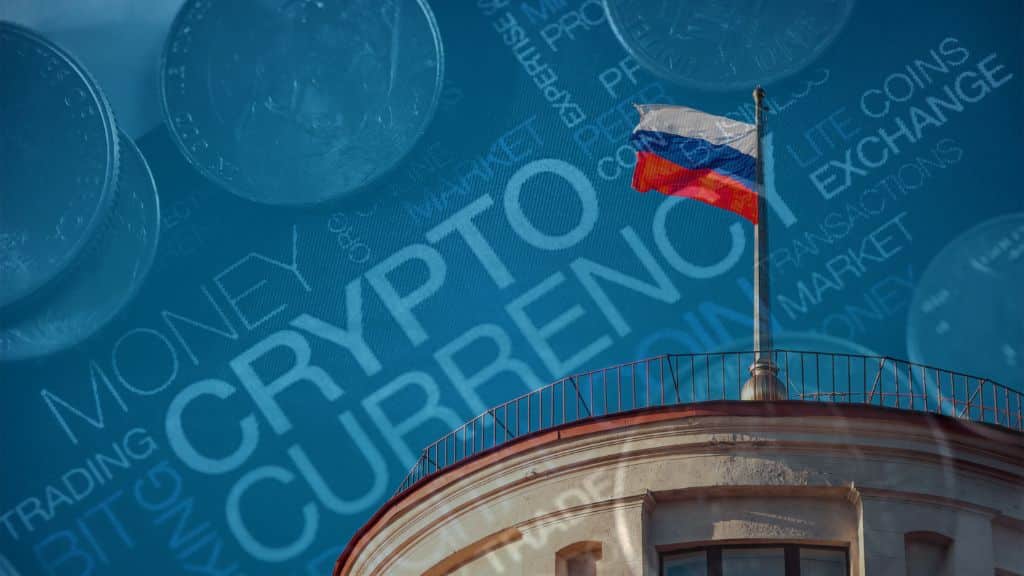Coinbase obtains payment license from Singapore’s central bank

Cryptocurrency exchange Coinbase has recently secured a major payment institution or MPI license in Singapore. Obtained a year after Coinbase’s preliminary approval in the country, this new license allows the company to broaden its offerings of digital payment token services to both individuals and institutions in Singapore.
The Monetary Authority of Singapore (MAS), the country’s central bank, follows a strict process when issuing licenses to cryptocurrency enterprises. It demands organizations to showcase strong anti-money laundering measures, causing a considerable number of applicants to be denied approval.
Singapore has been steadily solidifying its position as a notable cryptocurrency center in Asia, drawing digital asset firms from diverse nations like China and India. Coinbase views the island country as a pivotal market, underscoring that 32 percent of Singaporeans either currently possess or have had cryptocurrencies in the past, based on survey findings.
As per MAS guidelines, companies with MPI licenses have the authority to engage in payment services without being restricted by a transaction limit of SG$3 million (US$2.2 million) for any payment service. Additionally, these approved firms are exempt from the SG$6 million (US$4.4 million) limit on monthly transactions for two or more payment services, excluding e-money account issuance and money-changing services.
Coinbase has been proactively creating tailored products and services for Singapore, introducing PayNow and FAST bank transfers in March 2023. Furthermore, the company has streamlined onboarding by integrating Singapore’s SingPass digital identity service.
Additionally, Coinbase has engaged in partnerships with significant local blockchain companies such as Nansen.ai, Blockdaemon, and Infura to enhance its offerings like Base blockchain and wallet-as-a-service.
Major Payment Institution (MPI) licence from the Monetary Authority of Singapore: secured. Thank you MAS. https://t.co/VXkTmw7tVf
— paulgrewal.eth (@iampaulgrewal) October 2, 2023
Regulatory alignment needed
The push for stricter regulations on cryptocurrencies intensified following the dramatic collapse of FTX, the second-largest crypto exchange in the world, in November 2022. Notable incidents adding to this pressure include the destabilization of stablecoin Terra-Luna and the challenges faced by the crypto hedge fund Three Arrows Capital.
Despite Singapore’s position in the crypto world, its president, Tharman Shanmugaratnam – then the country’s senior minister – expressed his skepticism towards crypto and blockchain technologies at the World Economic Forum in January.
This skepticism aligned with the broader global trend of increasing caution and regulatory scrutiny towards cryptocurrencies. Various incidents collectively underscore the growing concerns about the stability and potential risks associated with the crypto market, prompting governments and regulatory bodies to seek tighter oversight and regulations to mitigate these risks.
Regulatory measures are essential within the cryptocurrency landscape to safeguard against money laundering and other financial crimes. However, when contemplating the regulation of cryptocurrency akin to banks and insurance companies for the sake of financial stability, Tharman underlined the importance of pausing and reflecting on a fundamental philosophical question. He mentioned this during a discussion on banking.
The former minister also questioned whether the idea of regulating cryptocurrencies legitimizes something inherently speculative and rather unconventional. “There is one regulatory system for everything. And if you’re outside of the regulatory system, buyer beware,” he said.
He also said that if elements within the crypto or blockchain ecosystem aspire to undertake activities akin to those in traditional finance, identical regulations regarding capital, liquidity, and reserve backing should be applied.
Currently, the collective market capitalization of cryptocurrency firms stands at approximately US$1 trillion, a significant decrease from its peak of about US$3 trillion in November 2021.









